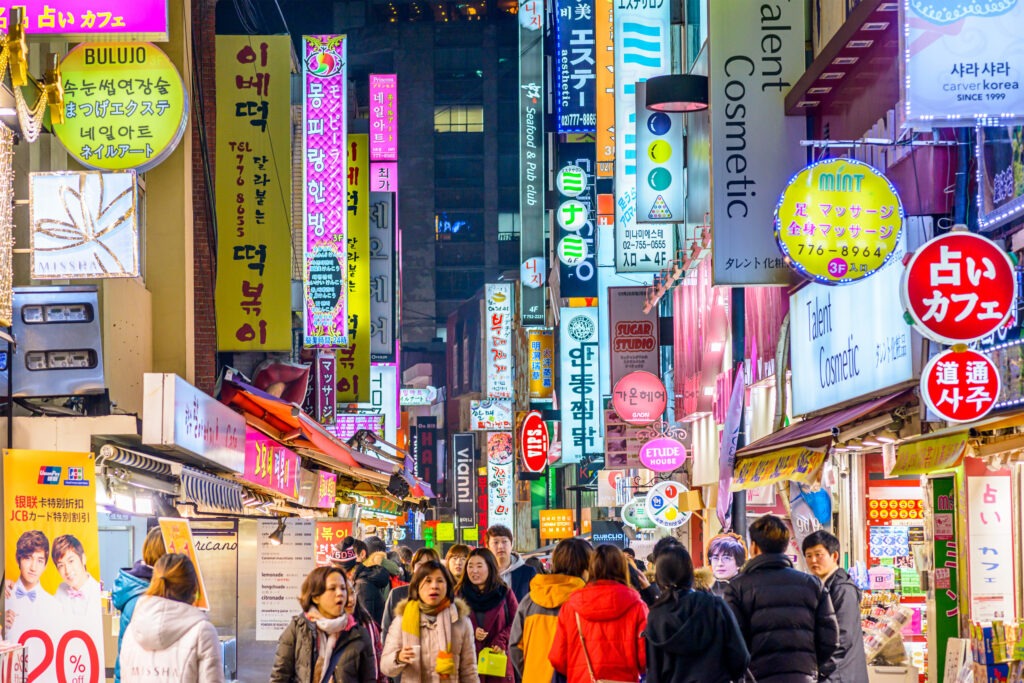
Should You Vacation in South Korea? Experts Weigh In Amid Political Unrest
Ongoing political turmoil in South Korea in the aftermath of a martial law declaration and its subsequent lifting has thrown the global perception of the country into question. But experts say the latest events are not likely to have a long-term impact on South Korea’s tourism, and its entertainment industry “remains resilient.”
The phenomenal success of South Korea’s cultural exports—including K-drama series like the runaway hit Squid Game, Netflix‘s biggest show of all time based on viewership whose highly anticipated second season premieres on the streaming platform this month, and global K-pop stars BTS and Blackpink—has seen tourists flock to the country in recent years.
But the Korean wave has been overshadowed recently by the political chaos that unfolded over a matter of days. South Korean President Yoon Suk Yeol’s short-lived martial law declaration on December 3 was overturned by a unanimous vote against it on December 4 by members of the country’s National Assembly.
Scenes of public outcry and protests in South Korea have continued after a failed impeachment vote held last week and the National Assembly are due to hold a second impeachment vote on Saturday.
Amid the continued political unrest, is it safe to visit South Korea at this time?

A stock image of people on the streets of Myeong-dong, a popular tourist district in Seoul, the South Korean capital. Protests have been ongoing amid the political unrest in South Korea following a short-lived martial law declaration by South Korean President Yoon Suk Yeol.
iStock / Getty Images Plus
Is It Safe To Travel to South Korea?
Several countries have issued travel warnings, including the U.S. The U.S. embassy in South Korea advises that “the political situation in South Korea remains fluid. U.S. citizens should anticipate increased protests and potential disruptions to transportation, especially in the area around the National Assembly.”
The U.S. embassy says: “When in public, pay attention to your surroundings and exercise routine safety precautions. You should avoid areas where demonstrations are taking place and exercise caution in the vicinity of any large crowds, gatherings, protests, or rallies. Even demonstrations intended to be peaceful can turn confrontational and escalate into violence. Mass transportation strikes could impact both public and private transit.”
Deokhyo Choi is an assistant professor of history at the University of Maryland who specializes in the history of modern Korea, Japan, and U.S.-East Asia relations. He told Newsweek that while there have been some large-scale demonstrations in the country, painting a “chaotic image” of the country, these are “peaceful protests” and “South Korean society currently maintains peace and order as usual.”
Eugene Park, a professor of history at the University of Nevada, Reno, told Newsweek: “South Korea’s vibrant, robust democracy is evident in the National Assembly’s swift repeal of President Yoon’s martial law and the public’s passionate yet peaceful, almost music concert-like protests demanding his resignation.”
However, Choi notes that “if...
